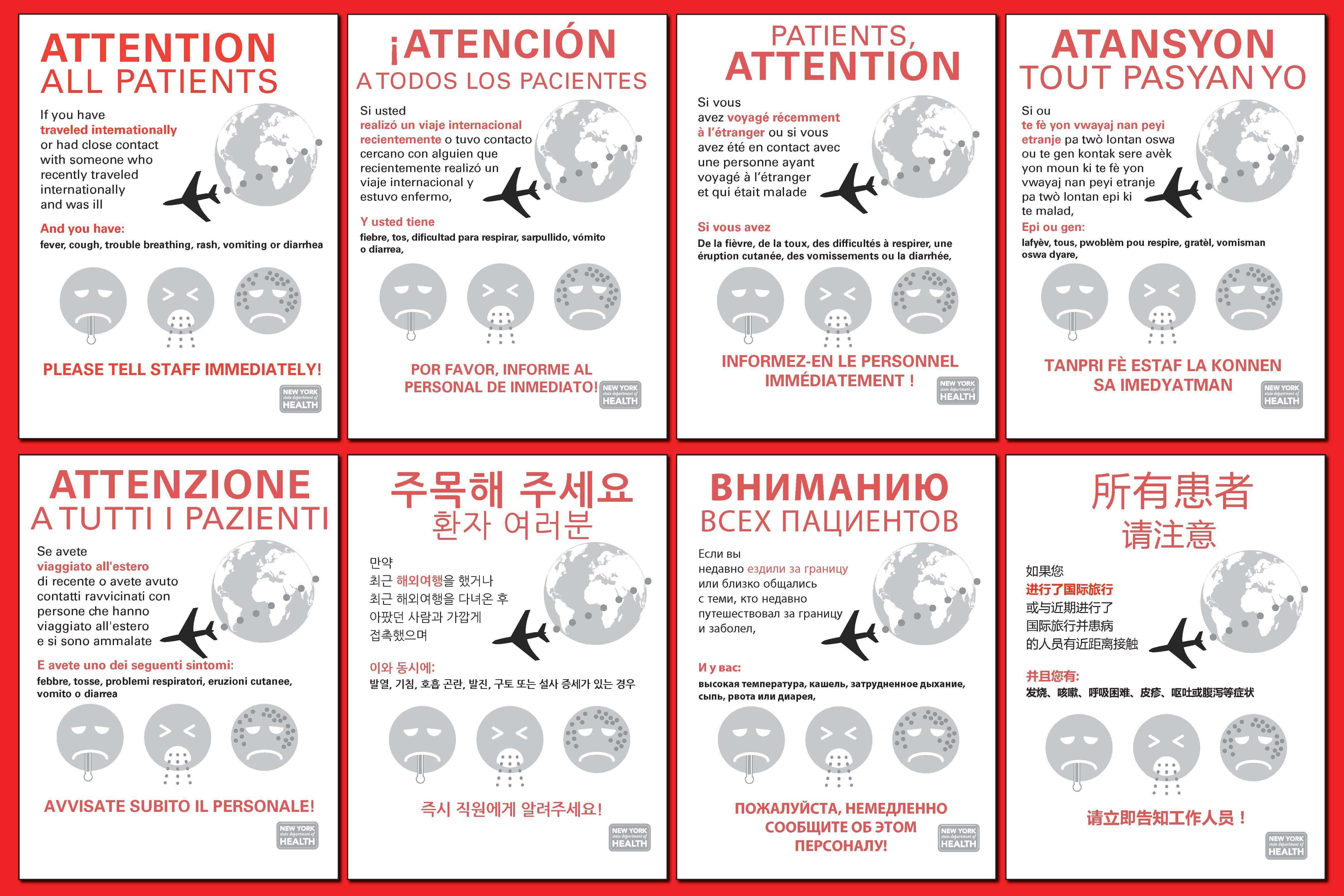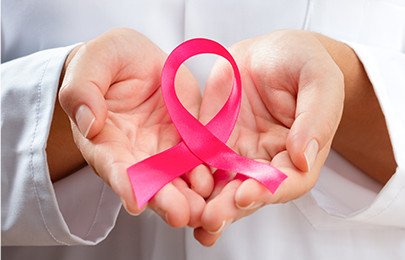Ebola Information & Preparedness
Preventing & Treating Ebola in Cornwall & Newburgh
Ebola viral disease is a severe, often fatal disease that affects humans
and some animals (like monkeys, gorillas, and chimpanzees). It is caused
by the Ebola virus.
How does Ebola spread?
Ebola virus is spread by directly touching an infected person or animal’s skin, blood or body fluids. It cannot be spread simply by being near someone who is infected. Researchers believe that most Ebola outbreaks start when an animal carrying the Ebola virus infects a person, who can then infect other people.
Since the virus can survive on surfaces for a short period of time, people can be infected by touching objects (like needles or bed sheets) that contain infected blood or body fluids.
During outbreaks, the disease can spread quickly within health care settings if workers do not wear protective gear and take proper precautions.
People only become contagious after they begin to have symptoms, such as fever.
What are the symptoms of Ebola?
The disease usually starts with an abrupt fever, possibly with headache and joint and muscle aches. Other symptoms may include:
- Nausea
- Weakness
- Diarrhea
- Vomiting
- Stomach pain
- Lack of appetite
Some patients may also experience:
- Rash
- Red eyes
- Hiccups
- Cough
- Sore throat
- Chest pain
- Problems breathing
- Problems swallowing
- Bleeding inside and outside the body
When do symptoms first appear?
Symptoms usually appear 8 to 10 days after exposure but may appear anywhere from 2 to 21 days after exposure.
How serious is Ebola?
The severity of the disease varies, but over 50% of patients with Ebola have died during past outbreaks. Researchers do not fully understand why some people who become sick with Ebola recover while others do not.
Where has Ebola been reported?
In the current outbreak, nearly all confirmed Ebola cases have been reported from three African countries: Guinea, Liberia and Sierra Leone.
How is Ebola treated?
There is no known effective medication for Ebola infection. Treatment focuses on supportive care and may require intensive care unit support. There is no vaccine for Ebola.
The NYSDOH is advising health care providers and facilities to consider the following:
- Increase vigilance in inquiring about a history of travel to West Africa in the 21 days before illness onset for any patient presenting with fever or other symptoms consistent with EVD.
- Isolate patients who report a travel history to an Ebola-affected country (currently Liberia, Sierra Leone, and Guinea) and who are exhibiting EVD symptoms in a private room with a private bathroom.
- Implement Standard, Contact, and Droplet Precautions.
- Staff must use gowns, eye protection, gloves, and a face mask when caring for suspect patients. A respiratory protective mask is not required.
Reporting of any suspect case(s) to any outside agency will be done by the Director/Infection Control. Current information states that Ebola is not transmissible by the airborne route.
For more information on precautionary measures for the Ebola virus in New York State, please visit: https://www.cdc.gov/vhf/ebola/index.html.

 Pay My Bill
Pay My Bill
 Contact Us
Contact Us
 Patient Portal
Patient Portal
 Donate
Donate